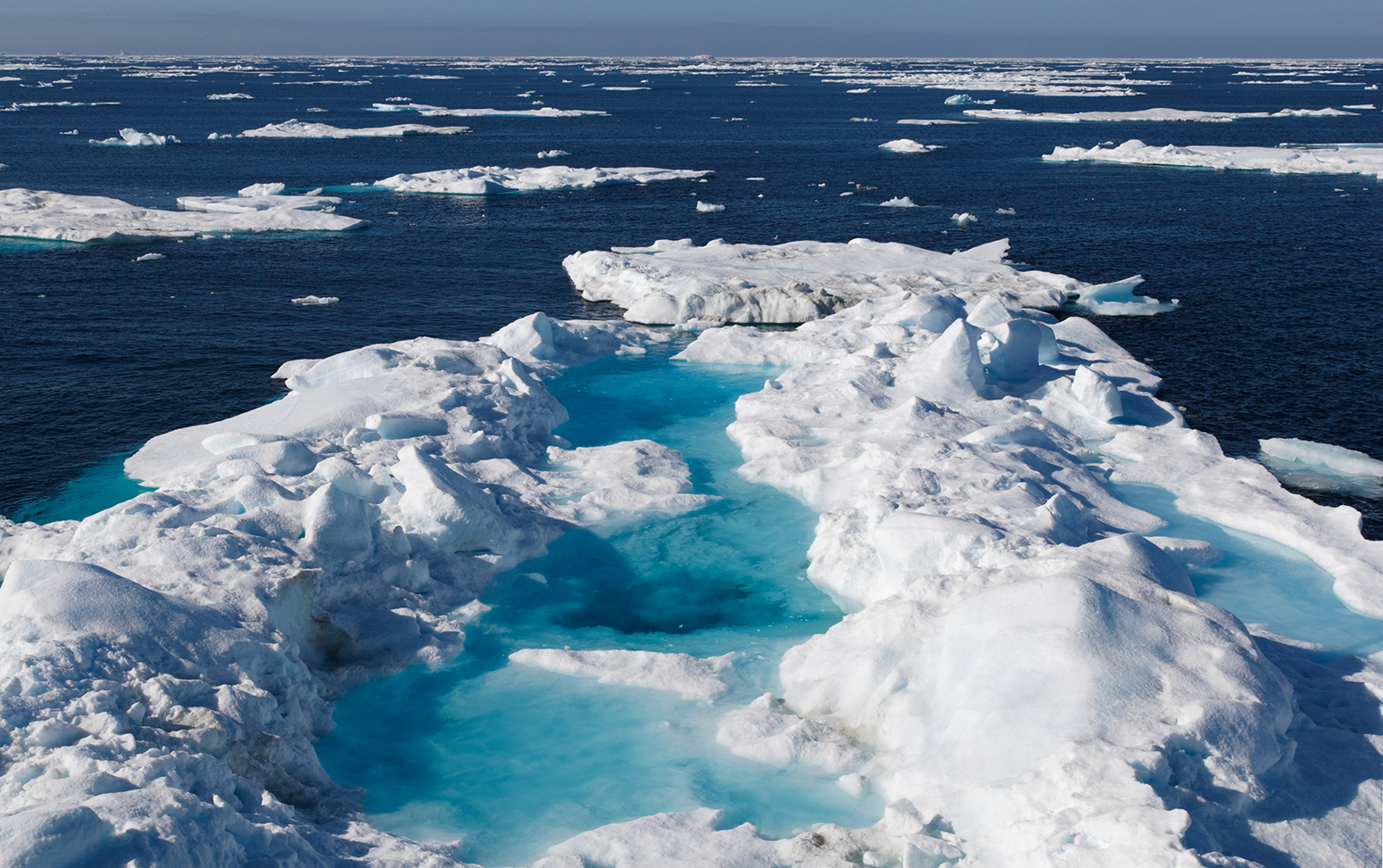Image: Huffington Post
The ice sheets of Antarctica are home to 60-90% of the world’s freshwater. According to a new study published in the journal Nature, the Antarctic ice sheets are shrinking faster than ever before. In fact, the study states that sea ice loss is occurring at triple the rate from 2007.
The continent lost 3 million tons of ice from 1992 to 2017, causing sea levels to rise by three tenths of an inch. Forty percent of that increase occurred between 2012 and 2017 alone. The quickening rate of sea ice melt will contribute six inches to sea levels by 2100, the study states, and if all of the Antarctic ice was to melt, sea levels would rise by 200 feet.
The East Coast of the US would be particularly affected by a rise in sea level, with areas that see rare or occasional flooding becoming subject to it 20+ times per year.
Image: carbonbrief.org
To complete the study, scientists gathered data from satellite measurements dating back to the early 1990s, using many different satellite missions and techniques. The researchers found that the most mass is being lost where the ice meets the ocean, at the edges of the ice sheet. The warming oceans are melting the ice at a rate much higher than warmer or changing air, and these forces are extremely difficult to reverse.
While the continent is continuing to see snowfall and ice accumulation, it is the balance of how much is gained compared to how much mass is lost that concerns scientists. East Antarctica is continuing to see growth and accumulation, but it is not enough to offset the rapid loss from West Antarctica and the Antarctic Peninsula.
Image: Inquisitr
Some factors contributing to sea level rise:
Antarctic ice melt
Greenland ice melt (1 trillioin tons lost from 2011-2014)
Warming oceans (waters occupy more space)
Arctic ice melt
Human emissions of greenhouse gasses are the primary factors leading to the melting ice and warmer waters.



No mention in the article that NASA has confirmed a volcanic mantle plume, similar to Yellowstone, under Marie Byrd Land in – wait for it – Western Antarctica. Gee, I wonder if that has anything to do with it? Guess not, since these “scientists” didn’t acknowledge that at all in their puff piece about global warming.
Fake news.
It’s certainly part of the equation:
http://www.newsweek.com/antarctica-melting-below-mantle-plume-almost-hot-yellowstone-supervolcano-705086